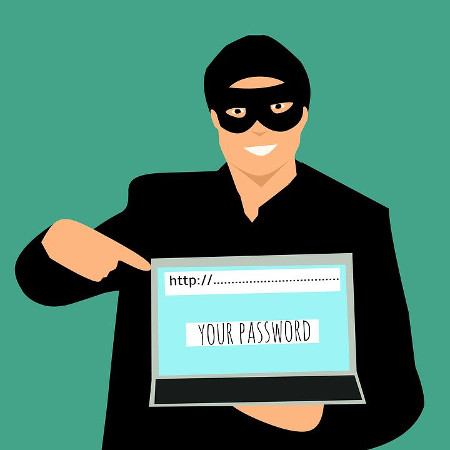8 easy tips to prevent fraud
February 12 2020
Simone Caron, IFPC
Most people don't have access to advanced AI and encryption systems to ensure their banking, credit, debit and personal details remain secure. In fact, alot of people aren't even aware when they put themselves at risk for fraud, cybercrime or identity theft. Even though criminals are getting increasingly advanced and using modern technology to commit fraud, there are a few precautions you can take to lessen the likelihood of being an easy target.
1. If you receive a voicemail from someone claiming to be a representative of your credit card company, [hone back using the number printed on the back of your card. Never call back the voicemail number directly. If you call back the number directly you will be connected to an expensive number, such as an international number, which will be charged you an inordinate amount of money - leaving you with a large phone bill.
2. Although some sources suggest you should sign your credit card with “see ID” - this method does not make you less vulnerable to fraud as merchants are not required to ask people to show ID. In fact, if your card is stolen, the thief could sign the card themselves, making it look like the signature on the card matches that on the receipt. Infact, it is safer to ensure you sign the back of all of your credit and debit cards.
3. When in doubt - assume anything listed as “free” that asks for a credit card number is a scam unless the site specifically states that there is a limited free trial period after which you are required to pay. Read the fine print carefully and make sure you understand the terms and conditions before filling in any details. If you have signed up for a trial that requires cancellation, ensure you receive confirmation of your cancellation in writing and over the phone.If you experience a pushback from the company, report it to the relevant authorities.
4. Perform frequent privacy checks on your internet browse and social media accounts. Clear the cache on your browser and never save your passwords to any websites to prevent anyone from accessing sensitive information if your computer gets hacked or stolen.
5. Everyone has received an annoying email generally including a very flashy animation, stating that you have won some money or even a trip to an exotic destination. We aren't naive, we scroll all the way to the bottom to reach that miniscule unsubscribe button. However, It turns out that even the unsubscribe button could land you in trouble. It confirms that your email address is valid, allowing the scammer to send you spam mail in the future. It can also result in your email being linked to spam websites, including ones that can download viruses to your computer.
6. Do not shop on websites that don't include an https link or display the lock icon in the corner of your browser to indicate that the web page is secure and that your data will be encrypted.
7. This may seem like an obvious tip - Never choose passwords that people would be able to decipher by searching your social media profiles eg: birthdays, addresses or phone numbers.
8. Change your passwords frequently and never use the same password for multiple sites, cards or anything containing sensitive information. When you change your password, don't recycle any old passwords as hackers could easily guess the password and access your accounts undetected.

BOOK your IFPC2020 tickets HERE